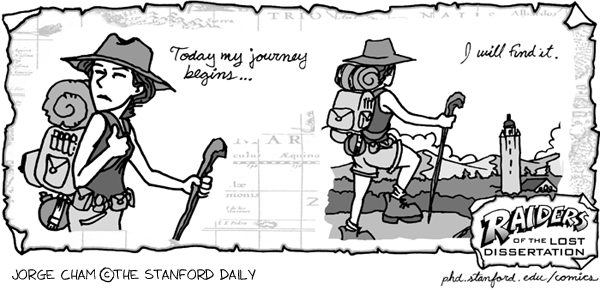MOOC Completion rates matter?

A while back I came across a post by Martin Weller titled MOOC Completion rates DO matter . Because my Pocket account was overflowing with some great content (including this one), I thought it was high time that I read this article ;-). In this short post Martin writes that completion rates do matter in MOOCs, taking the opposite view of some cMOOC folks. He goes on to tackle the analogy that MOOCs are like newspapers and that people don't necessarily read all sections, or even visit all sections. As someone who doesn't really read physical newspapers that often any more (I only bought one last summer so I could get the Asterix comic that came with it), the analogy only gets me so far. I don't know what sort of analogy is valid for MOOC participant behaviors. After pondering this a bit, I don't think that there is one analogy that will encompass all behaviors. At the beginning of the MOOC I think the analogy of window shopping is most appropriate fo...



.jpg)

